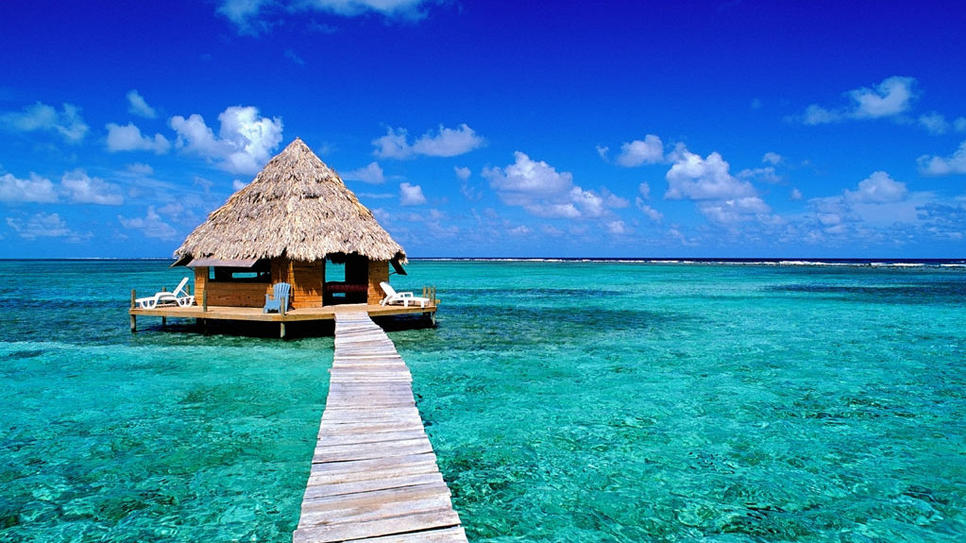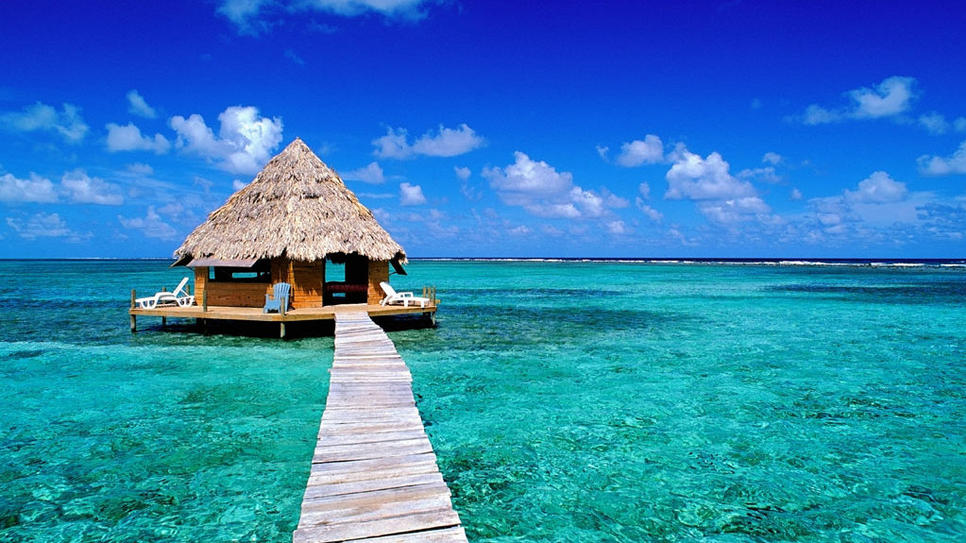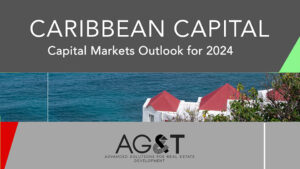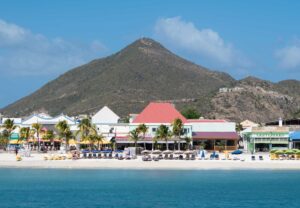

Does eco-tourism have a sustainable future?
by Lois Avery
Leonardo DiCaprio is almost as well known for environmental activism as he is for acting so it comes as no surprise that his luxury resort venture in Belize is creating a new vision for eco-tourism.
He first set eyes on Blackadore Caye, his 104-acre unpopulated island off the coast of Belize, a decade ago and bought it with a partner for a reported US$1.75 million. Once work is complete in 2018, it will house luxury villas and all the frills associated with five-star hospitality in one of the most beautiful corners of the globe.
But there appears to be more to this venture than financial gain. “The main focus is to do something that will change the world,” DiCaprio says in press reports. “I couldn’t have gone to Belize and built on an island and done something like this, if it weren’t for the idea that it could be ground breaking in the environmental movement.”
Plans for Restorative Island, as it will be known, show a large raised platform that stretches in an arc over the water, with artificial reefs underneath. The island will grow indigenous plants to support a manatee conservation area, and mangrove trees will be replanted. This vision is the result of 18-months of work from a team of designers, scientists, engineers and landscape architects but this labour of love extends beyond the last year-and-a-half. Apparently, DiCaprio spent a decade searching for the perfect hotel operator to partner with and he settled on Restorative Islands L.L.C., which is owned by Paul Scialla, founder of Delos, a global company known for its work on ‘well building’ designs.
“Delos, the partner in this development is the founder of the WELL building standard – they are positioning this as a rating tool for wellness in the same way that LEED/BREEAM etc. are to environmental sustainability,” says Matthew Clifford, Head of JLL’s Energy and Sustainability Services, Asia Pacific.
He explains that the WELL accreditation is still very new to the hotels industry but its implementation is a growing trend as developers, operators and consumers alike become more conscious of responsible travel.
An eco-tourism choice for all budgets
While the WELL standard may be new, the concept of an environmentally sustainable hotel is not. “Aside from DiCaprio, Marlon Brando conceived something similar in Tahiti and, whilst relatively well-known, we’ve also had the experience of Soneva and Six Senses in Asia for a number of years with their eco-resorts. Australia, Caribbean, Central America, North America, Scandinavia and the Alps are also markets where eco-resorts have been created; in truth, they can be found on all continents,” says Bob Merrigan, Executive Vice President, Hotels Project Services, JLL Asia Pacific.
From luxury resorts championed by wealthy individuals, to the back to basics eco-lodges that promote community living, eco-travel caters to all budgets. Yet it’s affluent travellers who are driving the larger scale resort developments. According to a 2012 Four Seasons survey of luxury travel trends, “the affluent put much more thought into their purchasing decisions to determine whether a product or service will intrinsically improve their lives.”
And when it comes to developing these resorts at the higher end, a significant investment is involved and funding often comes from private wealth.
Clifford adds: “Any development project will focus closely on how they can generate a buzz and, ideally, pre-sales. Developers are pretty smart at lowering their risk, and these days most major projects won’t go ahead without some level of pre-commitment. The celebrity endorsement is another way to generate a lot of interest, and I would be quite surprised if these didn’t sell out in rapid time.”
It’s clear that eco sells but Merrigan maintains that the market remains relatively niche: “There are the savvy entrepreneurs who see opportunity for which some will remain true to the eco-friendly spirit and others will play lip service interested only in the commercial returns.”
Ultimately, the hotels industry is driven by consumers. “Overall, environmental and sustainability issues continue to grow across all property types – it is not uncommon for guests to check the carbon footprint of their air travel to a destination,” Merrigan says. “Others may favour green policies such as obtaining all consumables within a specific radius of a property.”
A recent TripAdvisor study found that the ‘green’ travel trend is gaining momentum among its members; 71 percent said they plan to make more eco-friendly choices in the next 12 months compared with 65 percent who said the same a year earlier.
“There has been a growing consciousness of the need to protect these beautiful locations, rather than paving them all over, or ruining them with cookie cutter, or environmentally destructive resorts,” adds Clifford.
“Perhaps this is a way to avoid this destructive trend, by developing these beautiful locations, but in a way that keeps it beautiful and special for the long term.”
What makes a hotel ‘eco’?
• A carefully selected site: It must take advantage of positive local features, such as proximity to sustainable transport, rather than requiring people to fly in. Eco-sites mustn’t destroy areas with endangered species, high value agricultural land etc.
• A holistic design and delivery: the process must consider the full life cycle costs, not just up-front costs. For example, it may cost more up front to make the building efficient in terms of water, waste, recycling and energy, but these can pay for themselves over the lifecycle of the asset. Something which takes into consideration other macro-trends like climate change. What happens to your luxury resort if hurricanes, floods, coastal erosion, or sea level rise continue? And the project must be managed well to maintain the design goals. For example, don’t design an eco-hotel and then serve unsustainably fished seafood in the restaurant.
• A positive impact on the community: This might include helping to bring renewable energy investment to a remote area, which may not otherwise happen without the support of a developer. Or to create jobs for locals.





No comment yet, add your voice below!